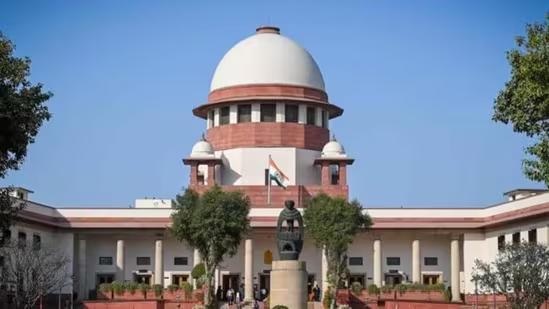
Court Can’t Grant Assent to Bills, Only Governor & Prez Can: Maha to SC
In a significant development in the ongoing debate over the powers of the Supreme Court, the Maharashtra government has argued that courts cannot accord assent to bills and that only the Governor and President have the authority to do so. This submission was made by Senior Advocate Harish Salve, who was representing the Maharashtra government, during a hearing on a presidential reference in the Supreme Court.
The presidential reference was filed by the Centre, seeking the court’s opinion on whether it can impose timelines on the Governor and President to deal with bills passed by state Assemblies. The reference was moved after the Governor of Maharashtra, Bhagat Singh Koshyari, sent a bill related to the reservation of seats for women in local bodies back to the Assembly, citing procedural irregularities.
During the hearing, Salve argued that the court’s role is limited to interpreting the Constitution and it does not have the power to grant assent to bills. He contended that the power to assent or withhold assent to bills lies with the Governor and President, as enshrined in the Constitution.
Salve’s submission was in response to the Centre’s argument that the court can impose timelines on the Governor and President to deal with bills. The Centre had contended that the court’s power to issue directions under Article 32 of the Constitution extends to the Governor and President as well.
However, Salve disagreed with this argument, stating that the court’s power under Article 32 is limited to issuing directions to the executive and not to the legislative or the Governor/President. He argued that the Governor and President are part of the legislative process and their role is to give assent or withhold assent to bills, but they do not have the power to modify or reject bills.
Salve’s argument was supported by the Attorney General of India, KK Venugopal, who also appeared in the case. Venugopal argued that the Governor and President have the power to give assent or withhold assent to bills, but they do not have the power to modify or reject bills.
The Maharashtra government’s argument is significant because it raises important questions about the separation of powers between the judiciary, executive, and legislature. If the court is granted the power to impose timelines on the Governor and President, it could potentially undermine the Constitution’s scheme of separation of powers and blur the lines between the different branches of government.
The court’s decision in this case is expected to be closely watched, particularly in light of the ongoing debate over the powers of the Supreme Court. In recent years, the court has taken on a more activist role, issuing directions on a range of issues including the environment, education, and social justice. However, some critics have argued that the court’s activism has gone too far and has undermined the Constitution’s scheme of separation of powers.
In conclusion, the Maharashtra government’s argument that courts cannot grant assent to bills and that only the Governor and President have that power is a significant development in the ongoing debate over the powers of the Supreme Court. The court’s decision in this case is expected to have important implications for the separation of powers and the role of each branch of government in our constitutional democracy.






